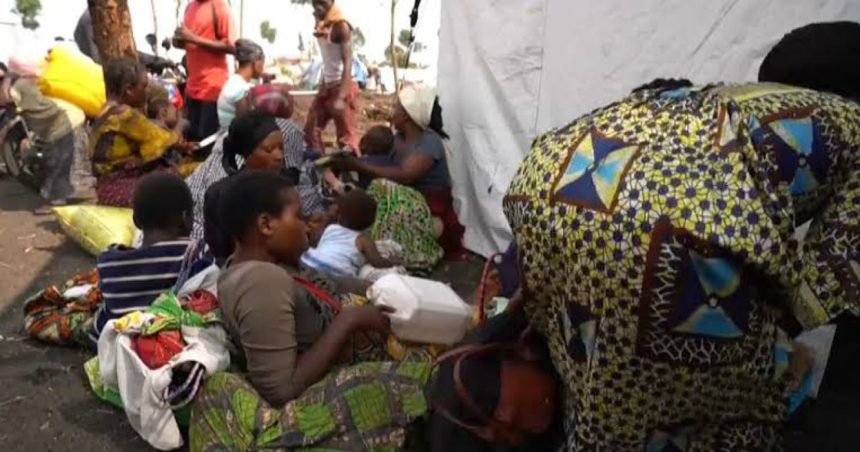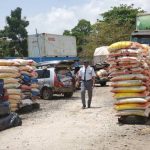The eastern city of Goma in the Democratic Republic of Congo (DRC) is facing a food crisis as the Tutsi-led M23 rebels, allegedly backed by Rwanda, intensify their conflict with the DRC army.
The rebels have captured more territory around the provincial capital since the beginning of the year, driving thousands of people to seek shelter in the city.
The use of heavy weapons and shelling has claimed many lives, and hospitals in Goma have been overwhelmed by the influx of wounded civilians.
The United Nations and other aid agencies have alerted that the fighting could worsen the humanitarian situation in the eastern Congo region, where more than 5 million people have been displaced in the four provinces of the region due to conflicts.
The Congo government, United Nations officials and Western powers have blamed Rwanda for supporting the resurgent rebels who say they are protecting ethnic Tutsi interests against Hutu militias whose leaders took part in the 1994 Rwandan genocide of more than 800,000 Tutsis and moderate Hutus.
The U.S. called on Rwanda on Saturday to immediately pull out all of its military personnel from Congo and remove surface-to-air missile systems, saying these endangered the lives of civilians, U.N. and other regional peacekeepers, humanitarian workers, and commercial flights in eastern Congo.
With the rebels moving towards the town of Sake, about 25 km (15.5 miles) west of Goma, the city now depends on scarce food supplies brought in by canoes from villages around Lake Kivu.
The Kituku market, on the lake’s shores, has become a vital source of food for Goma.
About 135,000 internally displaced people have escaped Sake in the past week, according to the United Nations refugee agency. They join the hundreds of thousands already displaced around Goma since 2022 due to the ongoing conflict.
The Norwegian Refugee Council said on Thursday that the progress of the armed groups towards Sake, a key link to Goma, posed a serious threat to the whole aid system in eastern Congo, with potentially disastrous consequences for the civilian population.





